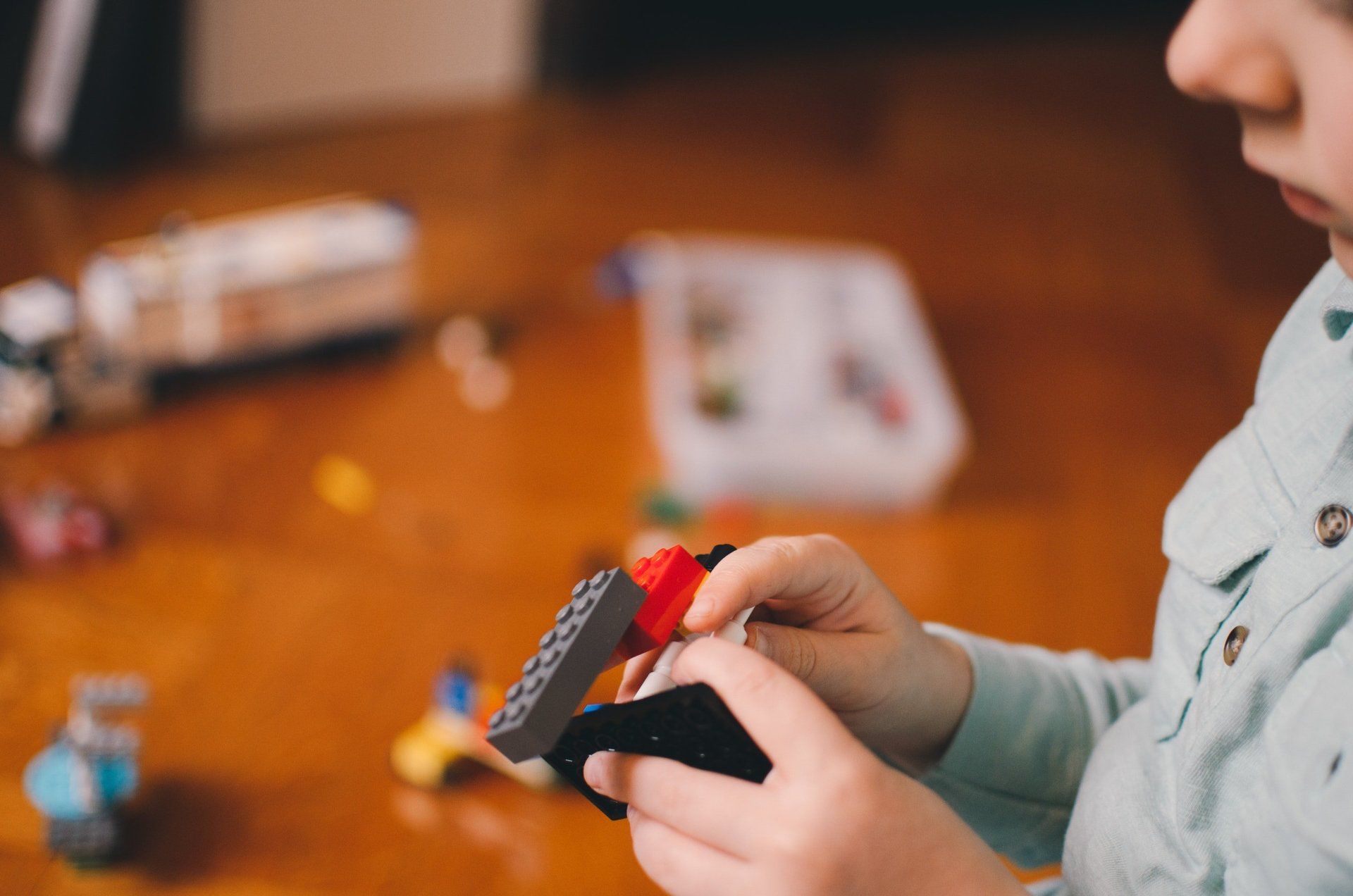Myths and Facts About ADHD
- By Bruce Ravenscraft, LCSW
- •
- 17 Jan, 2018
- •
ADHD Misconceptions

There is a great deal of misinformation about ADHD which can be harmful to children who need evidenced-based treatment for the disorder. Some of the most common misconceptions include:
"ADHD is over-diagnosed"
Approximately 9% of elementary-aged children are diagnosed with ADD or ADHD. While this sounds like a lot, to put it into perspective; in a typical elementary classroom this represents only 1 or 2 children diagnosed with ADHD. If your child's doctor or therapist utilizes accepted diagnostic criteria outlined in the DSM-V guidelines the diagnosis is probably accurate. You can increase the accuracy of this diagnosis if you have your child's primary teachers fill out a questionnaire on ADHD symptoms which your child's doctor or therapist can provide to you.
"ADHD is not a real disorder"
ADHD is biologically based. It is a result of an imbalance of neurotransmitters, or chemical messengers, within the brain. ADHD affects areas of the brain related to controlling impulses, solving problems, understanding the actions of others, and making plans. ADHD is the most common neurobiological disorder in children and can adversely affect a child's social interactions, academic performance, and overall well-being. Young adults with ADHD are 11X more likely to be unemployed and not in school compared to young adults without ADHD. Only 15% of young adults with ADHD have a four year college degree.
"ADHD is the result of bad parenting"
ADHD is not caused by parenting style or decisions. However, parents play a crucial role in providing the resources children need to manage their ADHD.
"ADHD is caused by kids eating too much sugar or by food dyes"
Consumption of foods with sugar or food dyes does not cause ADHD. Almost all children have a brief spike in energy after consuming sugary food related to sugar's effect on our brain. This is not the same as ADHD which is a cluster of symptoms sustained over time. Although some children have sensitivities to certain food additives, this is not likely the cause of your child's ADHD symptoms. However, If you suspect your child is one of the children with sensitivities to food additives you can systematically eliminate them from their diet. All children, including children with ADHD, benefit from a balanced diet and from cutting down on consumption of sugary and processed foods.
"ADHD medication is not effective and will lead to my child abusing drugs"
ADHD medication is effective for 80% of children diagnosed with ADHD. Long term studies of boys with ADHD who took stimulant drugs compared to those with ADHD who did not take stimulant drugs found no greater risk for substance abuse later in life. In fact, stimulant medication for children with ADHD might protect them from later drug abuse by relieving ADHD symptoms that often lead to substance abuse. Children with untreated ADHD are at an increased risk for substance abuse.
"If my child was more self-disciplined they would not need treatment for ADHD"
Children do not have the skills and life experience to manage ADHD symptoms without help. If your child had poor eyesight we would not tell them to "try harder" to see better. We would take them to an optometrist for treatment and we would make adjustments at home and school for the child.
If your child has ADHD or you suspect they may have ADHD, it is important that you seek help from qualified physicians and mental health professionals.
Next blog: Strategies for Successfully Managing ADHD



